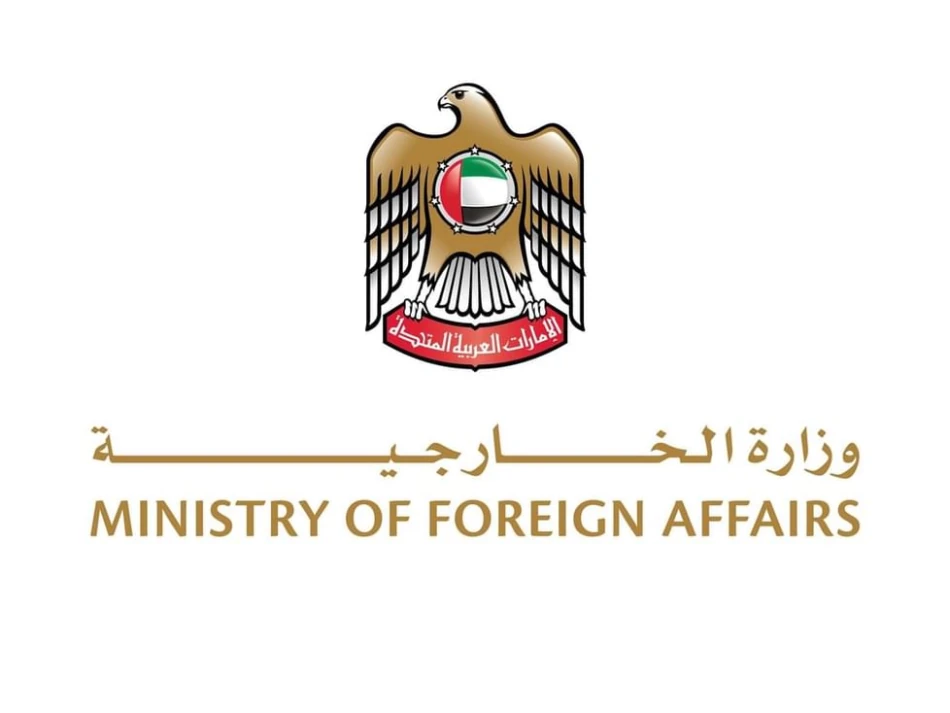
UAE Stands in Solidarity with Russia, Offers Condolences over Plane Crash Victims
UAE Extends Condolences to Russia Following Fatal Plane Crash in Far East
The United Arab Emirates has officially expressed its condolences and solidarity with Russia following a civilian aircraft crash in the remote Amur Province in Russia's Far East, which resulted in the deaths of all passengers aboard. The diplomatic gesture underscores the UAE's commitment to maintaining strong bilateral relations with Russia despite ongoing global tensions.
Official Response from Abu Dhabi
The UAE Ministry of Foreign Affairs issued a formal statement conveying sincere condolences and sympathy to the families of the victims, as well as to the Russian government and the Russian people during this tragic incident. The carefully worded diplomatic communication referred to Russia as a "friendly nation," highlighting the continued diplomatic ties between the two countries.
Context of UAE-Russia Relations
This expression of sympathy comes at a time when UAE-Russia relations remain notably stable, even as Western nations have imposed extensive sanctions on Moscow following the Ukraine conflict. The Emirates has positioned itself as a neutral mediator in global affairs, maintaining diplomatic and economic relationships across different geopolitical spheres.
Strategic Balancing Act
The UAE's response reflects its broader foreign policy strategy of maintaining positive relations with both Western allies and countries like Russia and China. This approach has allowed the Emirates to serve as a crucial intermediary in international diplomacy while protecting its diverse economic interests, from energy partnerships to trade relationships.
Regional Implications
The diplomatic gesture signals the UAE's continued commitment to its policy of non-alignment in major power conflicts. Unlike European nations that have severed many diplomatic protocols with Russia, Gulf states have generally maintained formal diplomatic courtesies and economic relationships.
For international observers, such diplomatic exchanges serve as indicators of how Middle Eastern nations are navigating the complex geopolitical landscape, balancing relationships with multiple global powers while pursuing their own strategic interests in energy, trade, and regional security.
Most Viewed News

 Sara Khaled
Sara Khaled






